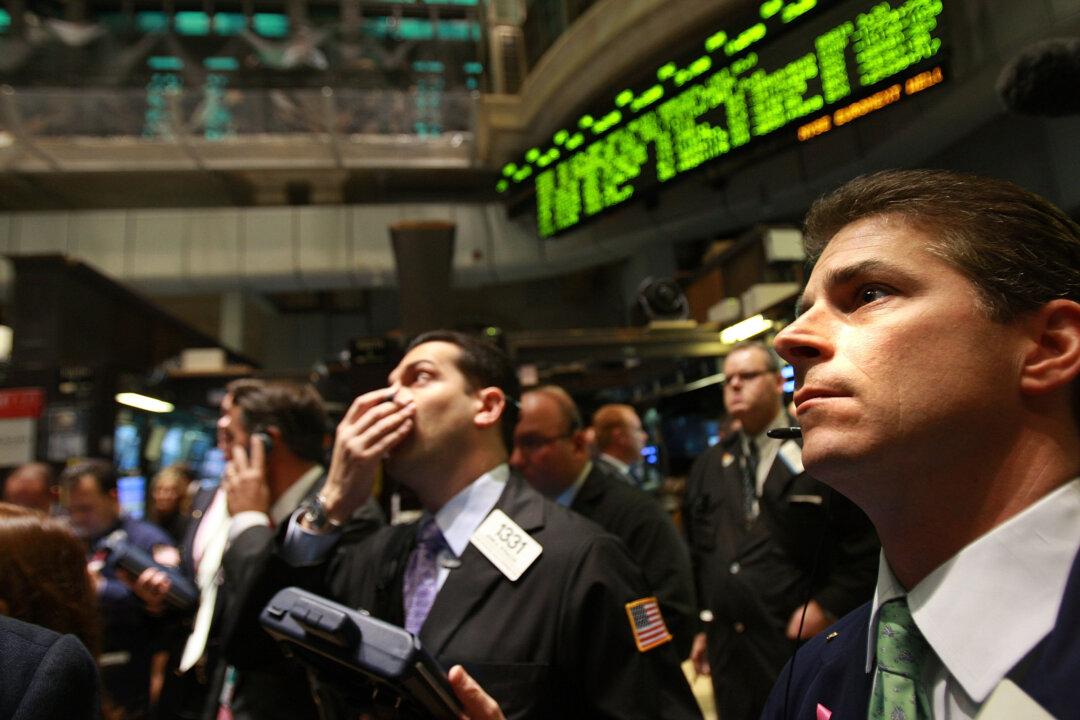Grant Williams has seen it all. The collapse of Japanese real estate and equity markets when he started his career in Tokyo in the late 1980s; the bursting of the dot.com bubble when he was on assignment in New York in the early 2000s; and the great financial crisis of 2008 when he was stationed in Australia.
Having witnessed these events as a finance professional during his exciting career, Grant is now disseminating the insight he gained through decades of experience via a very popular newsletter, “Things That Make You Go Hmmm ...
Grant never pulls a punch and focuses on the things that really matter, like debt and the monetary system, as well as gold. He spoke to Epoch Times about the things that make him go “hmmm …” in today’s market environment.
Epoch Times: Are investors too complacent today?
Grant Williams: The last financial crisis in 2008 was a wake-up call for many people and unfortunately as time has gone by, the fear of 2008 has subsided. It felt like a big deal at the time, but here we are several years later at all-time highs in the stock market. The year 2008 was just a blip.
Now problems were papered over by central banks and governments and the fact that people felt safe in the interim is dangerous. When the storm comes back, the central banks are completely out of bullets.





